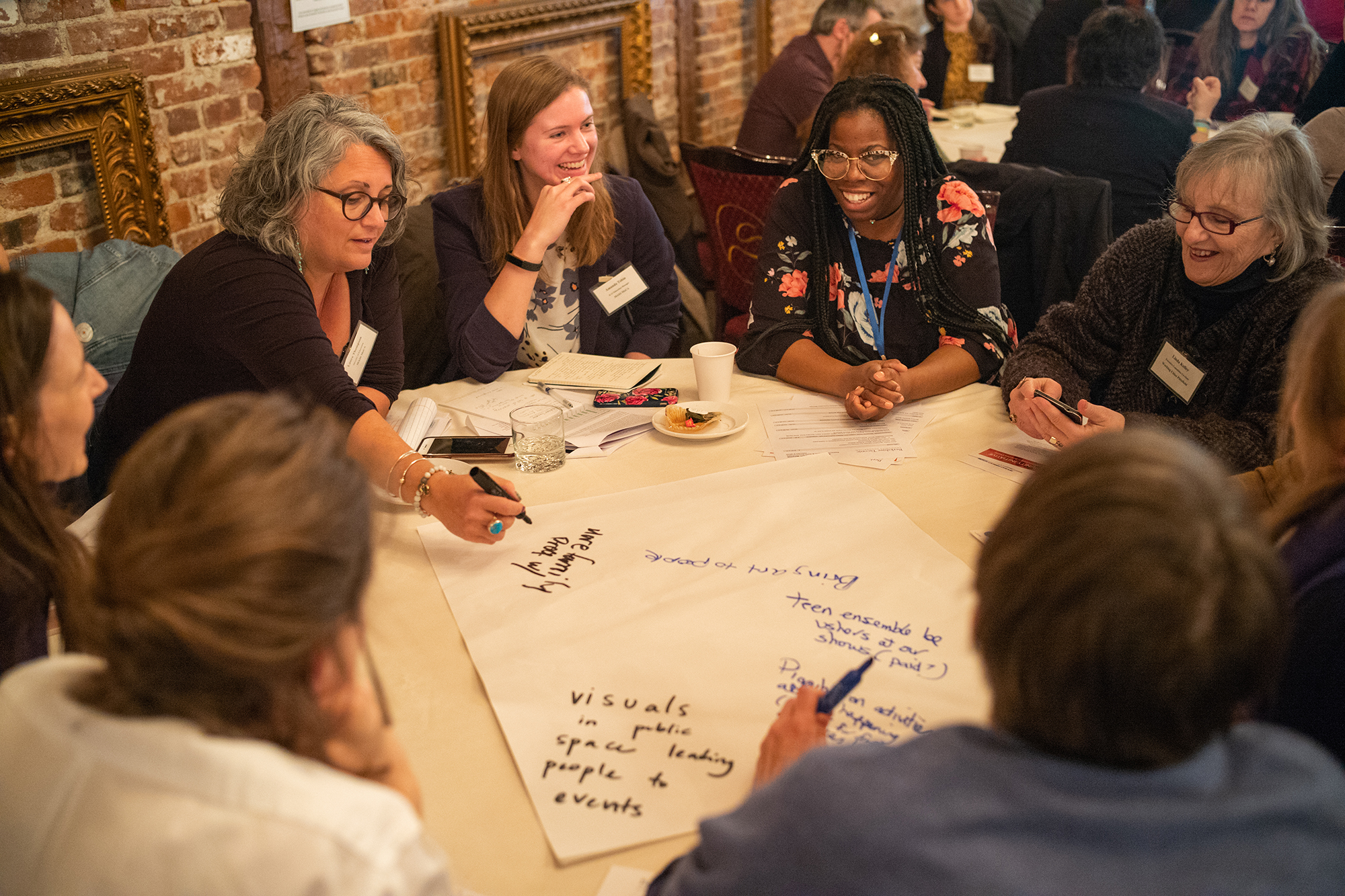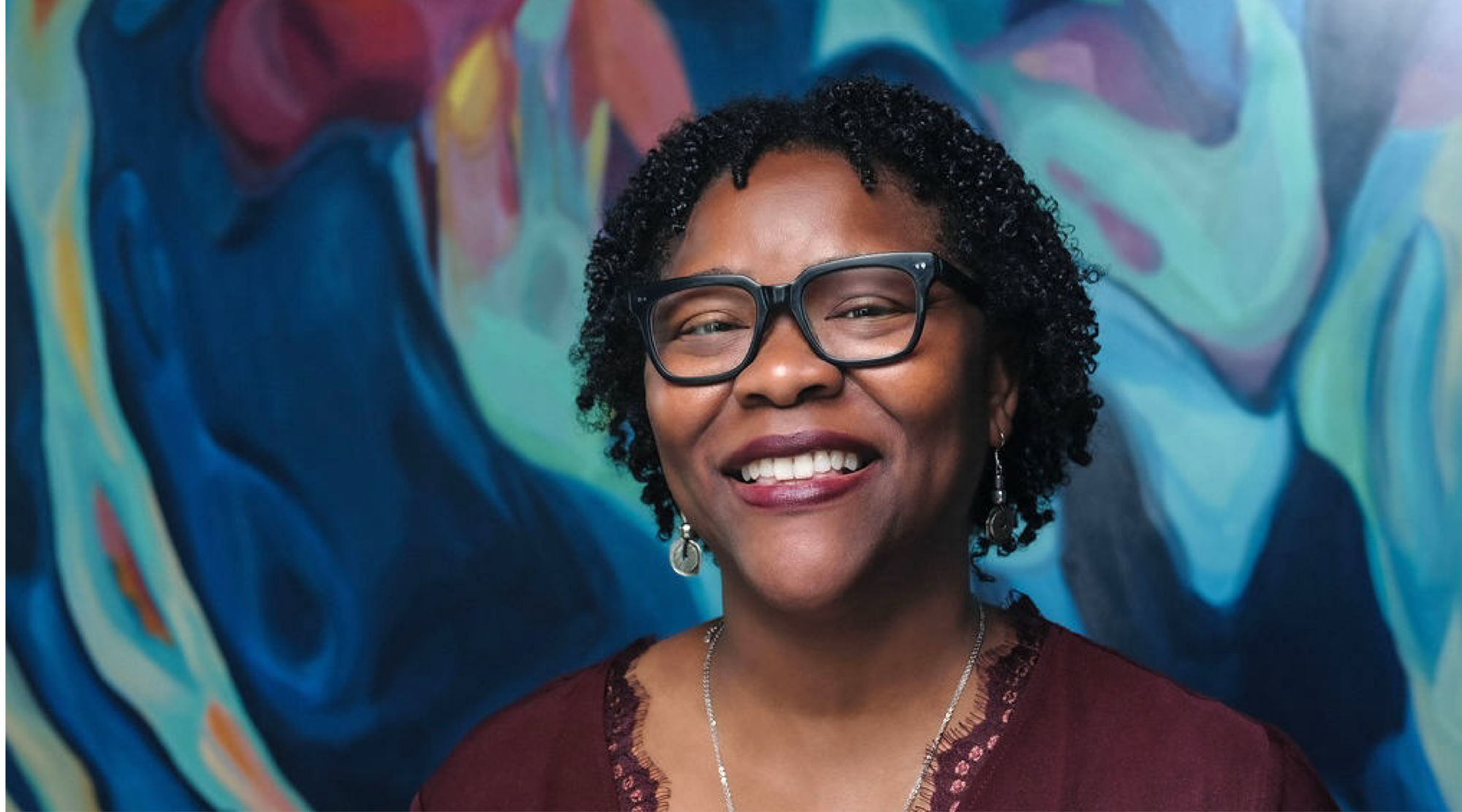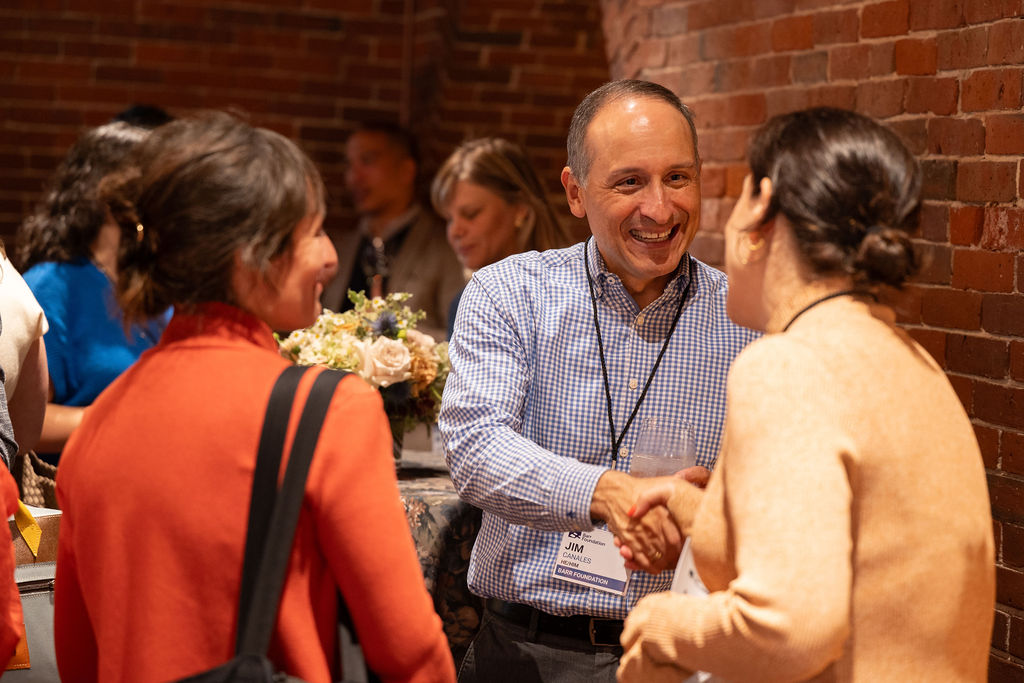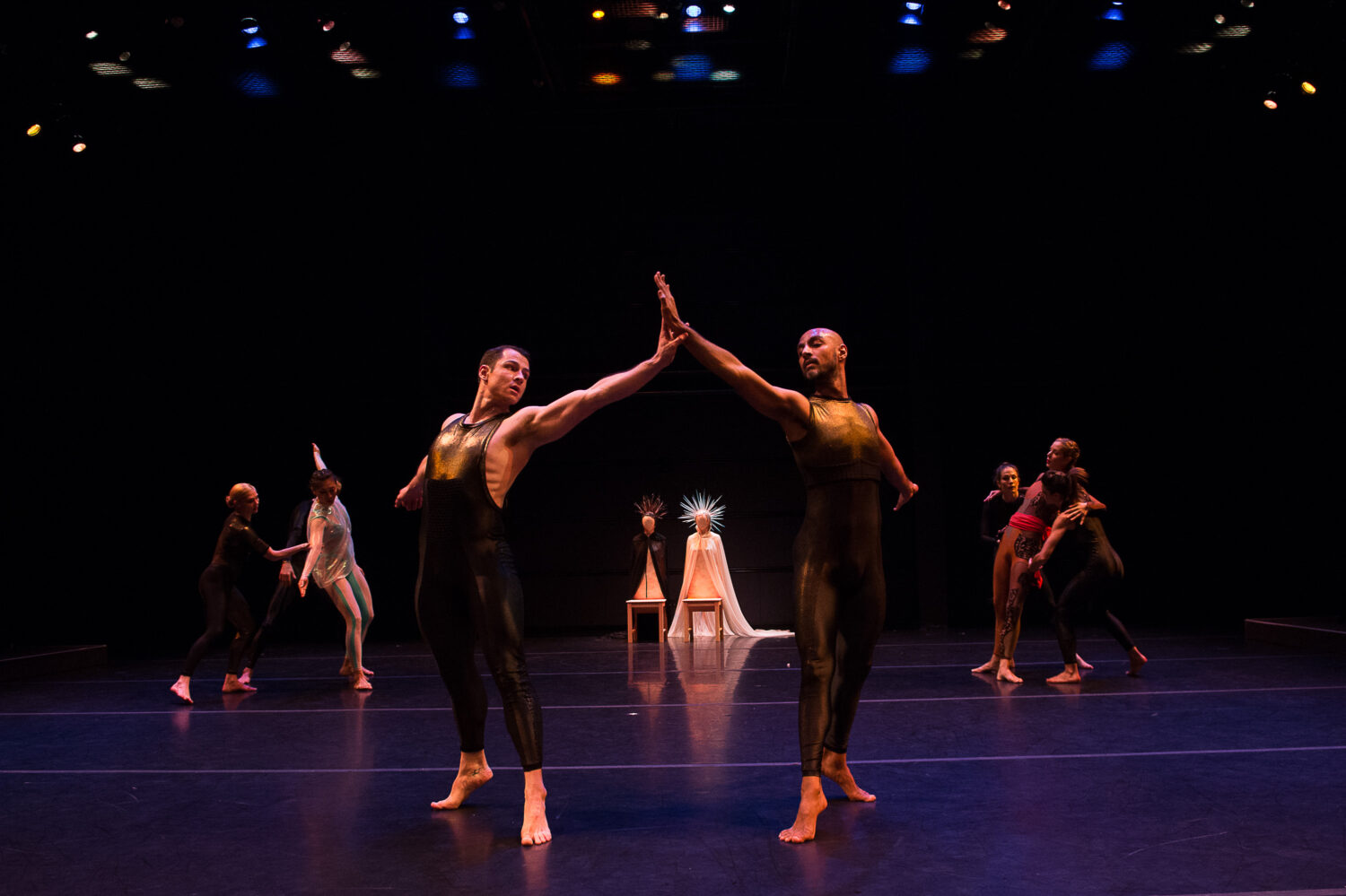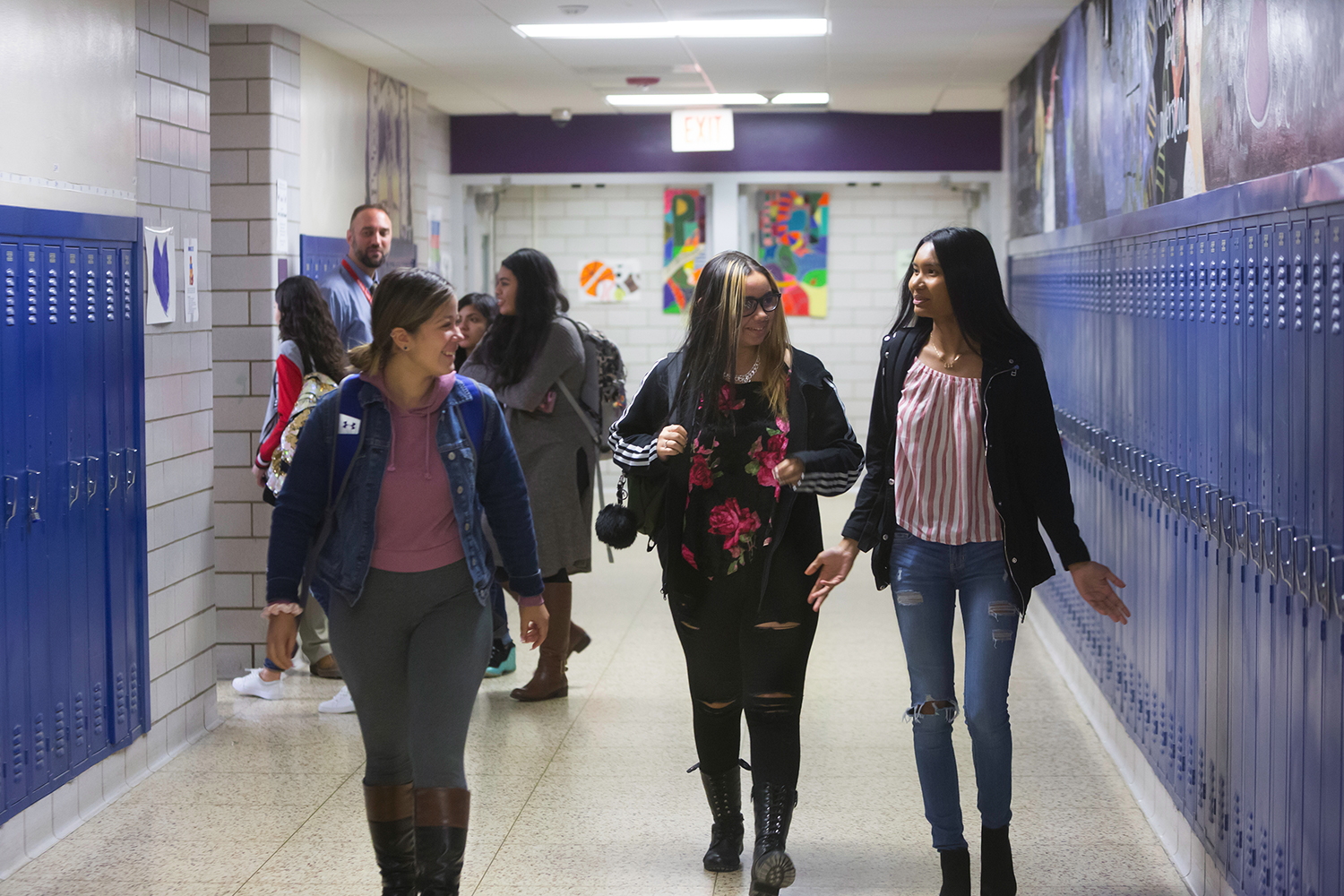What’s it like to start a new job in the middle of a pandemic?
This is one of the best onboarding experiences I’ve had. I interviewed virtually and have worked with most of my colleagues primarily over video conference. I give credit to the people at Barr—there’s a real culture of connection here. On my first day, I did wonder what may be lost by not being in person, but my new team put any concerns at ease with a fun introduction icebreaker. That allowed me to feel comfortable to be myself and share my background. Since then, it’s been a fairly smooth transition. I carved out dedicated time to meet every one of my colleagues one-on-one, which proved invaluable especially when starting a new job during a pandemic.
Tell us about the path that brought you to Barr.
My career path has not been linear, but there are some consistent themes. I love working in organizations that focus on improving the human condition and with people who bring their imagination, a sense of realistic optimism, and a focus on what’s possible.
I started my career in professional services as a Certified Public Accountant. I was always asking my clients questions about their business environment and wanted to know more about how their organization worked. That led me to graduate school, where I interned in several work environments. After graduate school, I worked in the entertainment industry, a stem cell agency, and a biomedical and biotech research institute.
As Vice President for Administration, you oversee technology, grants management, finance, culture, and more. What are your biggest priorities right now?
I’m focused on the people and culture. My goal is to set the conditions for others to thrive. To do that, I’m in learning mode right now. I want to understand how we do things and why. I want to support staff as we build and sustain a culture around diversity, equity, and inclusion while emphasizing our core values—especially humility. I give kudos to our leadership for putting people first.
The COVID-19 pandemic has affected nearly every facet of how organizations do their work. What have been some of the most disruptive challenges for Barr?
We’ve had to adapt and build new capacities around how we work and share knowledge. We’re learning how to create new processes to adapt to change. These changes will help us have the most impact as we work remotely.
We’ve taken a “how might we” approach and embraced learning. I want to encourage staff to take risks and experiment because, as my daughter’s teacher says, “Mistakes are magical.”
This year, Barr has deepened its commitment to equity and inclusion, both externally and internally. What does that internal work look like?
There’s a saying that “change happens at the speed of trust.” I think that applies to our internal DEI work. Barr has been on a years-long learning journey to apply principles of diversity, equity, and inclusion to all aspects of our work and grantmaking. So far, we have created two different Action Learning Teams, composed of staff from across the Foundation, to take a fresh look at specific policies and practices with a DEI lens. Some of the key questions were: how do our policies impact our people? Who benefits? Who is marginalized?
We learned how our policies and practices could unintentionally reinforce white, dominant culture. In practice, we were far more flexible and supportive than some of our internal policies would suggest—though not all staff were aware or benefiting from that flexibility and support. So, it was an eye-opening experience to understand where this language came from and to shift in ways that benefit all of our employees. Many people on the Action Learning Teams commented that this was one of the most valuable aspects of their work at Barr. This internal process is still a work in progress, with more updates to come. But we know our organization will be stronger and more resilient because of this approach.
What is something people find surprising to learn about you?
I’ve always been interested in storytelling, human behavior, and development. When I worked in the movie/tv business, I was surprised to learn that many people who write for soap operas have educational backgrounds in these fields. In another life, I might have been a daytime soap opera writer! Watching these shows is a connection I share with my grandmother, mother, aunts, and uncles. For some soaps, my family members have been fans for over forty years, so maybe that’s where I learned the value of the long-term view.
